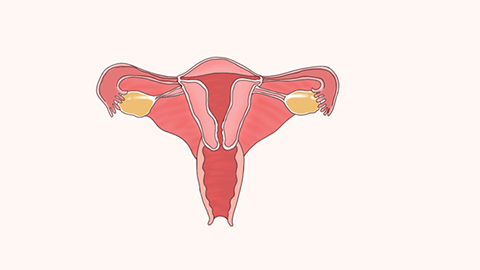What does a scarred uterus mean?
Generally speaking, a scarred uterus refers to a uterus with scars. A scarred uterus indicates that the female uterus has undergone surgical treatment, leaving scars on the uterus. The detailed analysis is as follows:

Scarred uteruses mainly result from previous surgical trauma, such as cesarean sections or gynecological surgeries like myomectomy, which lead to scar formation during the healing process of the uterine tissue. A scarred uterus can affect a woman's fertility, as the presence of scar tissue may cause uterine deformities, which are unfavorable for embryo implantation and thus impact conception. Women with a scarred uterus may encounter severe complications during pregnancy, such as uterine rupture, placenta previa, and postpartum hemorrhage, which can even be life-threatening. Scars can also affect a woman's menstrual cycle, potentially causing irregular menstruation and menstrual pain, thus impacting her quality of life.
For women who do not plan to have more children, special treatment generally isn't required, although regular gynecological examinations are necessary to monitor the condition of the scar. For those who do wish to conceive again, doctors need to conduct a detailed evaluation of the uterine scar. During subsequent pregnancies, close monitoring is required, including regular ultrasound examinations to observe the scar's condition and monitoring uterine contractions. If abnormalities in the scar area are detected, such as signs of impending uterine rupture, pregnancy may need to be terminated early.
Patients with a scarred uterus should maintain a light diet, ensure balanced nutrition, and consume more fruits and vegetables rich in vitamins and fiber, such as apples, bananas, and spinach, which can help accelerate metabolism and promote uterine recovery.








